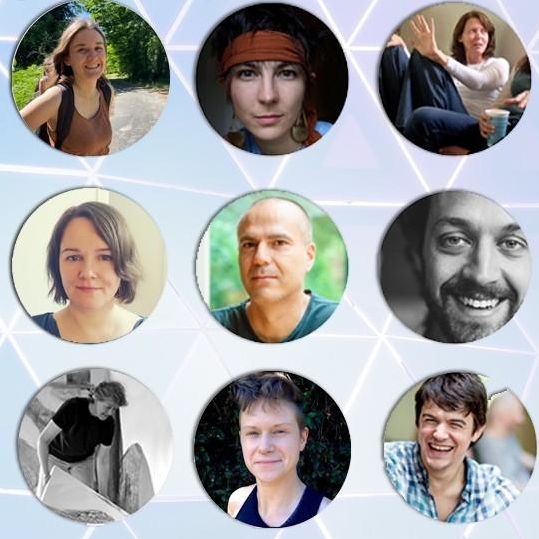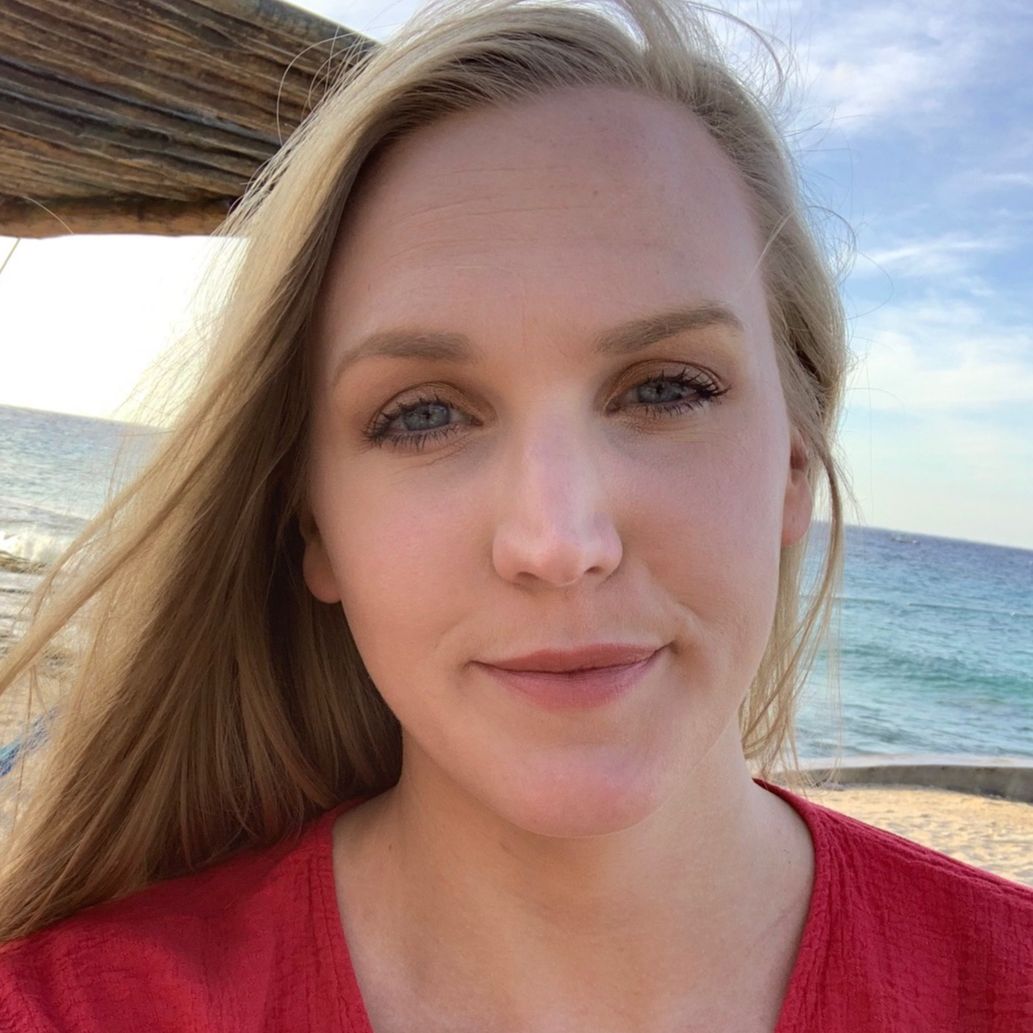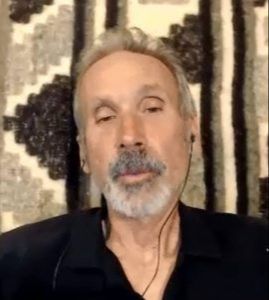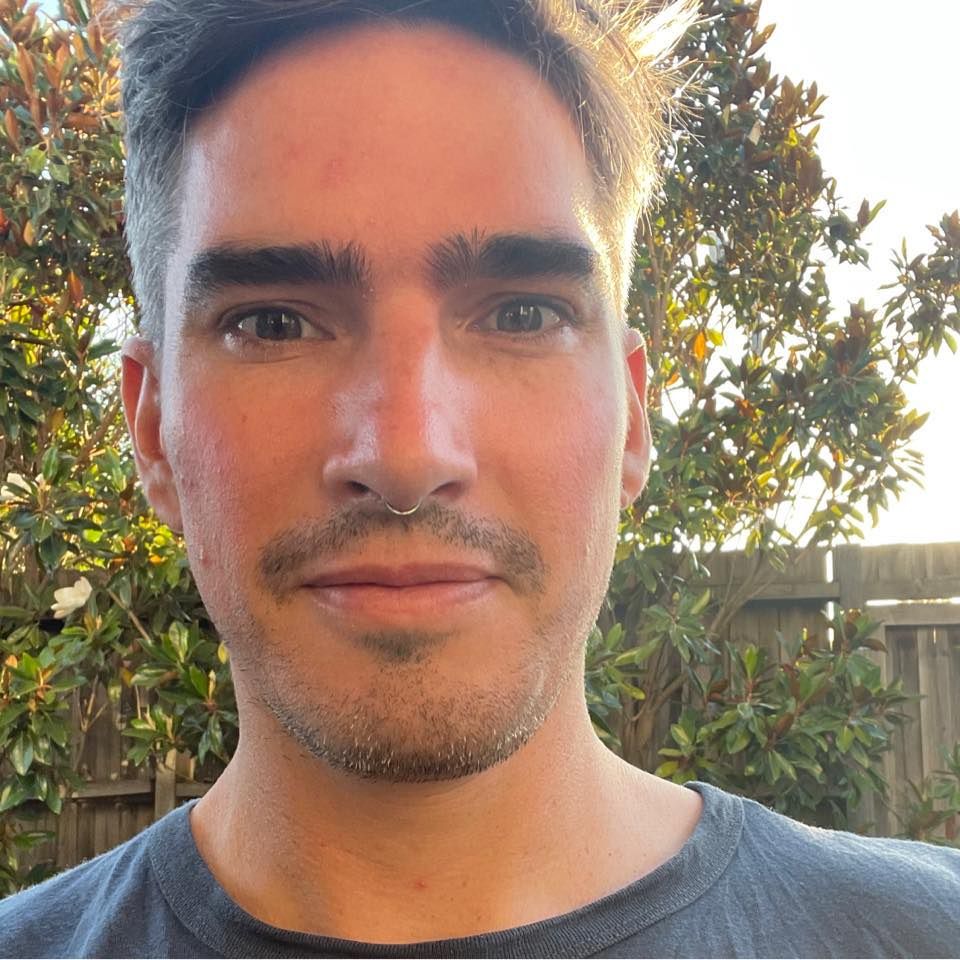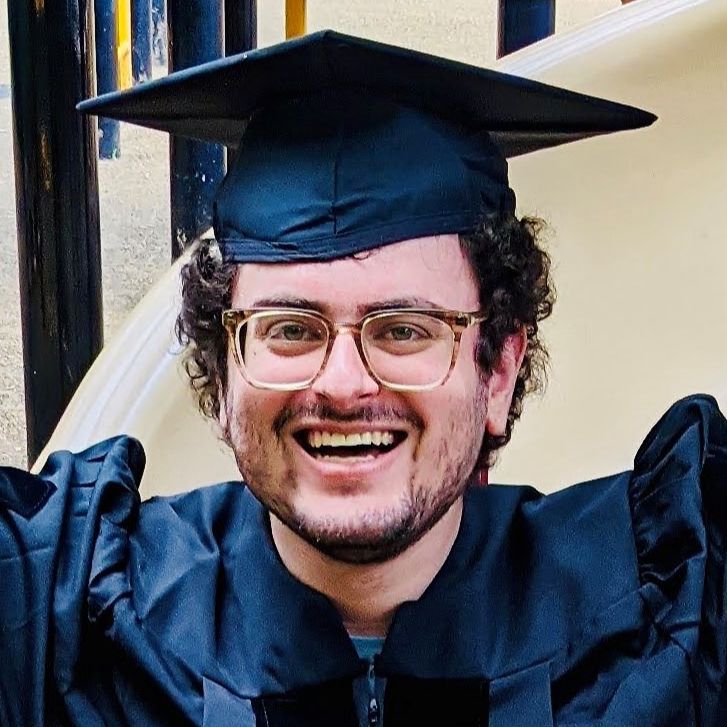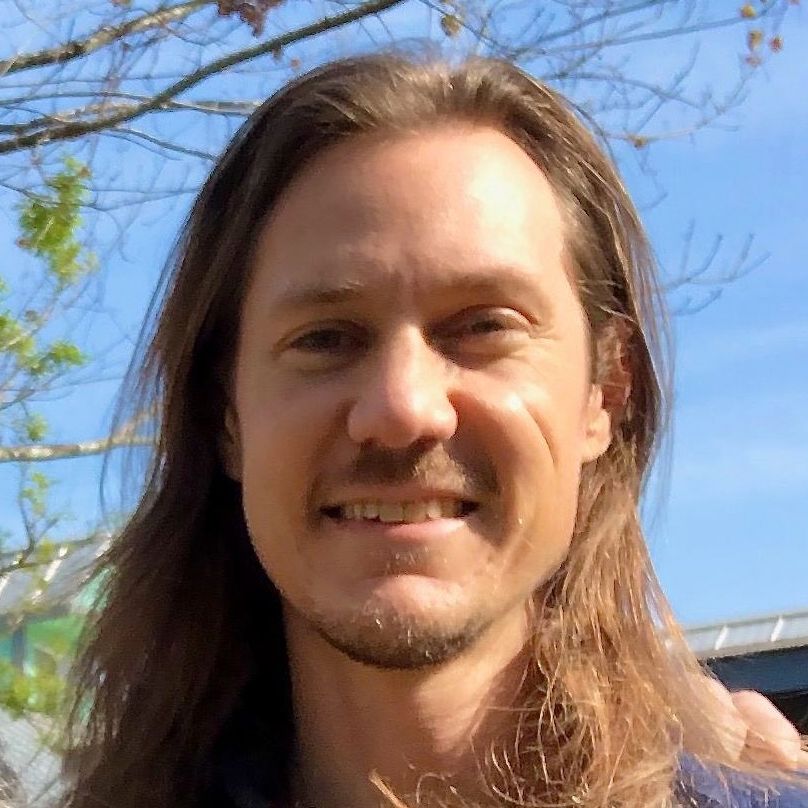Your Health
Conversation transcript ft. Annabeth Novitzki, Nick Deacon, and Jordan Myska Allen
What in the world might Relatefulness have to do with your health? A Conversation.
Annabeth:
Let's talk about who you are and why we’re having this conversation with you.
Nick:
My name's Nick, and I've been a health coach / personal trainer / nutrition coach for the last 10 years, and I met you coming to Relatefulness when I moved to Austin. And we got on a good bit.
Annabeth:
I'd worked with personal trainers, and nutritionists, and health coaches before, and had found holes to fall into where it would mess up. So after we got along so well, I started doing sessions with you, getting your assistance on my health. You have these skills that we practice in Relatefulness of the ways that you listen, the frameworks that you use to comprehend, and then the ways that you speak to me, the ways that you teach me, just work so well for me and have helped me not have so many of the problems that I used to have. That's the basis through which I want to have this conversation to share with people
Jordan:
Nick’s Relateful approach made a critical difference. And it helps you see how to be more Relateful with your health, is that right?
Annabeth: Exactly. If I look historically at the people I worked with, there was this dynamic of they know the things, I don't know the things, and, "just do the things I tell you to do." And with you, you have a ton of knowledge on this stuff that I don't have, but the way you communicate to me is you walk me through the thought process of how to come to the decision. So you're not just helping me figure out this moment, you're teaching me how to figure out the next one. You're teaching me the process of how to bring logic, and which pieces of evidence to look at to make these decisions and navigate these moments.
Jordan:
This is exactly the same thing we do in Relateful sessions, in coaching, and in our trainings. It’s more honest, and it ends up being more effective.
Nick:
Mm-hmm.
Annabeth:
So I'll give my first example of an area: "eat less, exercise more." You could draw a parallel with “Talk less, listen more.” I have heard that a lot for a long, long, long time. And by the time I met you, my interpretation of that was at any given moment in time that I can manage to not put food in my mouth, I should choose to not put food in my mouth. And then, if I did pay attention to how many calories I was eating, it was like, "all calories are created equal, so if I'm only gonna get this many of them per day, what are the yummiest ones?"
Jordan:
This is like someone who thinks they talk too much saying to themselves, “anytime I can shut up, I should shut up,” which is very self-dismissive. But just like calories, not all speech is created equal.
Nick:
Let's just pause there for a second. I just wanna reflect that a game is being set up here. There's a goal and a target, which in this case is: lose weight. [or talk less] And there's a rule book or like the physics of it, right. And then let's make constraints, which in this case are the food going in, and what makes that up. And so there's this game created where we're singularly focused on a target. Yeah. And so, yeah. Go on.
Annabeth:
So the "exercise more" part, whenever I could force myself to exercise, I would just destroy myself, and then be sore for four days, so sore that it was really hard to move. It was as if I hadn't adequately exercised unless I had spent a significant amount of time forcing myself to do these things physically, even though I was utterly, psychologically miserable.
Jordan:
The same thing happens to people who force themselves to listen more. They end up binge-listening to things they have absolutely no interest in. They get bored, judgemental, burnt out. They get “compassion fatigue.”
Nick:
Mm-hmm.
Annabeth:
Before I started working with you, I was never eating anywhere near enough protein. And so I would eat super calorically dense meals, and then my body was still asking for food, asking for food, asking for food. Now that I've started eating the amount of protein that I need that you helped me figure out, those cravings stopped happening. The mental obsessions, and the way my body would just be like, "please put food in me," that just stopped. And it's not just the protein thing, you taught me all the macros, and so I balanced those out in the ways that you taught me. And I didn't know that it was possible to live in my brain and not have to spend most of every day battling the thoughts that were trying to get me to eat food, and the physical anxiety of it.
Jordan:
Back to our relational parallel—and this is just to show more directly the underlying Relateful principles being applied to health—superficial connection doesn’t tend to nourish us at a soul level, so we keep wanting more and more. But going to bars or small talking ends up making us feel lonelier, and crave more connection. When we learn about presence—the protein of connection—we can get it at bars. And when we learn about following our genuine curiosity, and how to ask the kinds of questions that invite people into more intimacy it’s like the macros of connection.
Nick:
Yeah. I'm curious, how was that impacting you Annabeth, affecting you? Sounds not great.
Annabeth:
Yeah, in a lot of ways it was the water I was swimming in, so I didn't know a different version of reality. So I wasn't always fully aware of it, but at any given moment in time, like if I was having a conversation like this one, I would say in my brain, something around 30% of my attention was in this thought process of, "what am I going to eat after this?" Making any decisions about food was always a battle of craving voice trying to convince me to eat less healthy things, and more of it, and then, trying to fight on behalf of my health. I would say anywhere between 5 and 10 hours of my day, 30% of my brain doing was that for the vast majority of my life. And to have that not happening anymore is, I don't even know if I can state how much of a game changer that is just for my experience of being a human.
Jordan:
There are at least two parallels here to relating: one is the self-judgment cycle that so many of us get into when we’re relating. “Did I talk too much? Was I interesting? Oh no, did I cut her off? That was stupid I should’ve asked a different question.”
And the other is even more direct. These inner voices had no relationship with each other, and you had a very unconscious relationship with them. By bringing Relatefulness inside of you, with Nick’s help of course, you were able to see the more causative dynamics underneath your struggles with food, and the way that impacted your physical and emotional health.
Nick:
Hmm. Yeah. To bring back a point Annabeth mentioned before, the idea of going balls to the wall exercise wise, there are these automatic processes that are happening, and we want to bring attention to the fact that something else is happening that controls the digestion, and when we get sleepy, and our immune system, we're not turning those systems on consciously. And so when cravings happen, it's easy for us to miss the part where we're putting our bodies in a state where everything's super delicious, and we have no control over when and how much it goes in, much in the same way that it would be very difficult to control yourself if you're dying of thirst and someone puts a pitcher of water in front of you. Temptation, right? We lose sight of that.
Jordan:
Of course this happens with isolation too—suddenly all connection seems amazing and we’ll take whatever we can get. We doom scroll, rather than feel alone.
Nick: And we're not realizing the need turns way up. And then we beat ourselves up when we can't hack that. And so with the exercise thing, It's very difficult for us to trust that something's working ‘cause many of the times in the past, we would try something and things don't work, or if we've never tried anything at all, how could this possibly work? And so we want to feel something. We wanna make sure that if we're gonna spend time, we're gonna spend effort, you gotta feel something and make sure that it works. When you go to the stove, you put a pan on it, you turn the heat on, and you touch the pan and it's not getting any warmer. And so you're like, "it must not be working." But maybe it's just taking a while. Because some things like that, they just take a while to warm up. And so we turn it all the way up, a situation like exercise, until we can feel it, we know that something's happening. And because it's all we know, we just live there and it's completely unsustainable. But we felt something, and we felt something fast. So it must be working, even though it's not the best way and it's not sustainable. So we can't even capitalize on consistency and compounding interest over time.
Jordan:
This is something a lot of people don’t realize is also true with presence and connection. They come to a session and get an amazing feeling of being seen, which is really healthy and good. And then they maybe see something new in someone else, and that feels good. But then they try out Flow and it feels like nothing’s happening, and they feel like they’re not getting as many insights as they did when they first started, and they think they screwed something up so they need to go harder, or try something else. But actually they’re doing great, they’ve got the low hanging fruits and now they’re working on bigger, more complex dynamics and blocks to truth and love. But they can’t see it, because moving a mountain of dirt takes a lot longer than moving a pile of dirt.
Annabeth:
This whole thing is just such a good example of how you context what my experiences are in a way that explain them, and teach me, and validate "why it was reasonable that you made the choices that you made. Here's how that exists in a larger context of being a human."
Jordan:
This is a classic insight of Relatefulness: there’s an innocence that underlies everything. When you really try on someone else’s point of view, you’ll notice that if you were in the same circumstances, with the same history, you’d do the same thing. It’s almost tautological. This doesn’t mean it was a good decision, or you’d do it again, or anything like that. It’s just a compassionate understanding of how human psychology works. But the funny thing is, even when you can start to see that with others on a regular basis, it takes work to see it for yourself. I’d been practicing being Relateful for years and I still hadn’t yet learned to apply it to my own experiences with health. And this another classic insight of Relatefulness: there’s so much power in a relationship! Having another person outside of ourselves isn’t just good for blindspots and shadow, it’s good for self-love too.
Annabeth: And then, "here's another very reasonable way to look at it that just so happens to actually fit with science." I think that your knowledge integral theory seems to help, and that in other frameworks seems to help you know how to contextualize human behavior. Do you think that that is part of it for you?
Nick:
As I was thinking through that question, that feels like chicken and the egg. It kind of feels like the way that I think is what made Integral theory amplified it to me. I was like, "oh, this is something that's very interesting." It's what piqued my interest to it. So it doesn't feel like that's the tool that's being used. It's more of schema. And schema is just things that you've heard before that exist in some sort of structure. There's things that you can reference, and if I'm trying to teach you or anyone something new, I can't use a new word to define the new word. It's ridiculous. And it's not helpful. So I have to think of, "what's something that we do know, and we can probably relate to, like a hot pan." And the more visceral of a level, the better.
Jordan: It seems like this is similar to the Relateful company’s relationship with integral theory—it’s a schema in the background. We don’t really reference it explicitly very much except in facilitator training.
Annabeth:
Where it's really different from experts I've worked with before is it feels collaborative, even though definitely I'm learning things I didn't know. It feels collaborative in this way where you're also needing the reference points of what my experiences are and how I'm comprehending. It feels like a teamwork thing. We are working together, we're using the tools that both of us have to figure this thing out. And it's a game changer for me in my experience of instead of feeling like, "he's the all- knower and I'm the loser" there's a way where I know what to do and I know what experiments to run and I know what things to try. And then I have a decent sense of when I need to check back in and be like, "I've discovered a new realm of things that I need."
[ ... ]

Find out more about the authors:
Annabeth Novitzki
Head Facilitator at Relateful Austin, Certified Relateful Coach
Nick Deacon
Fitness and Nutrition Coach






